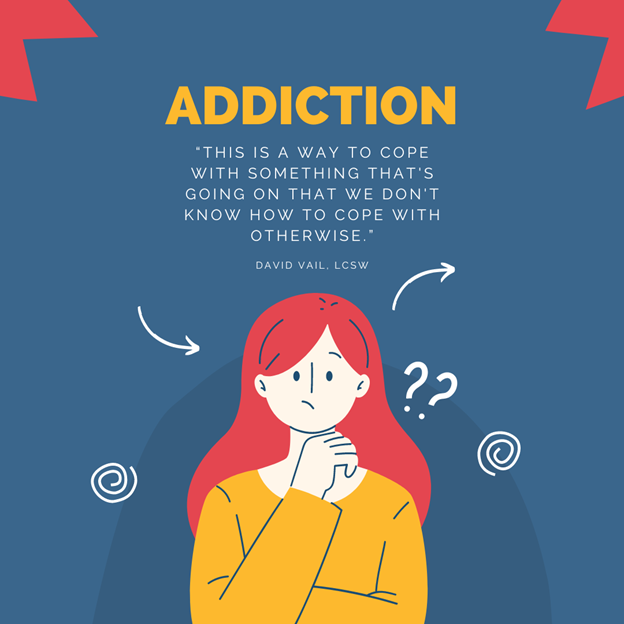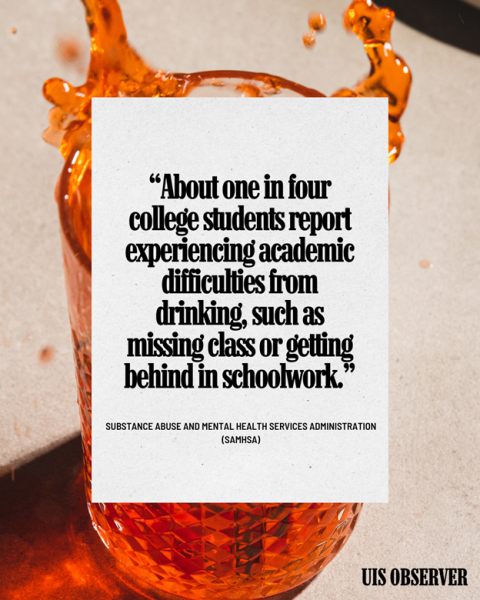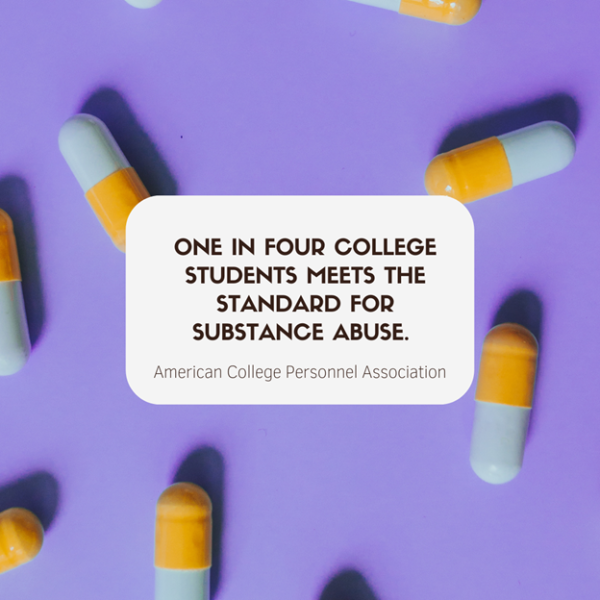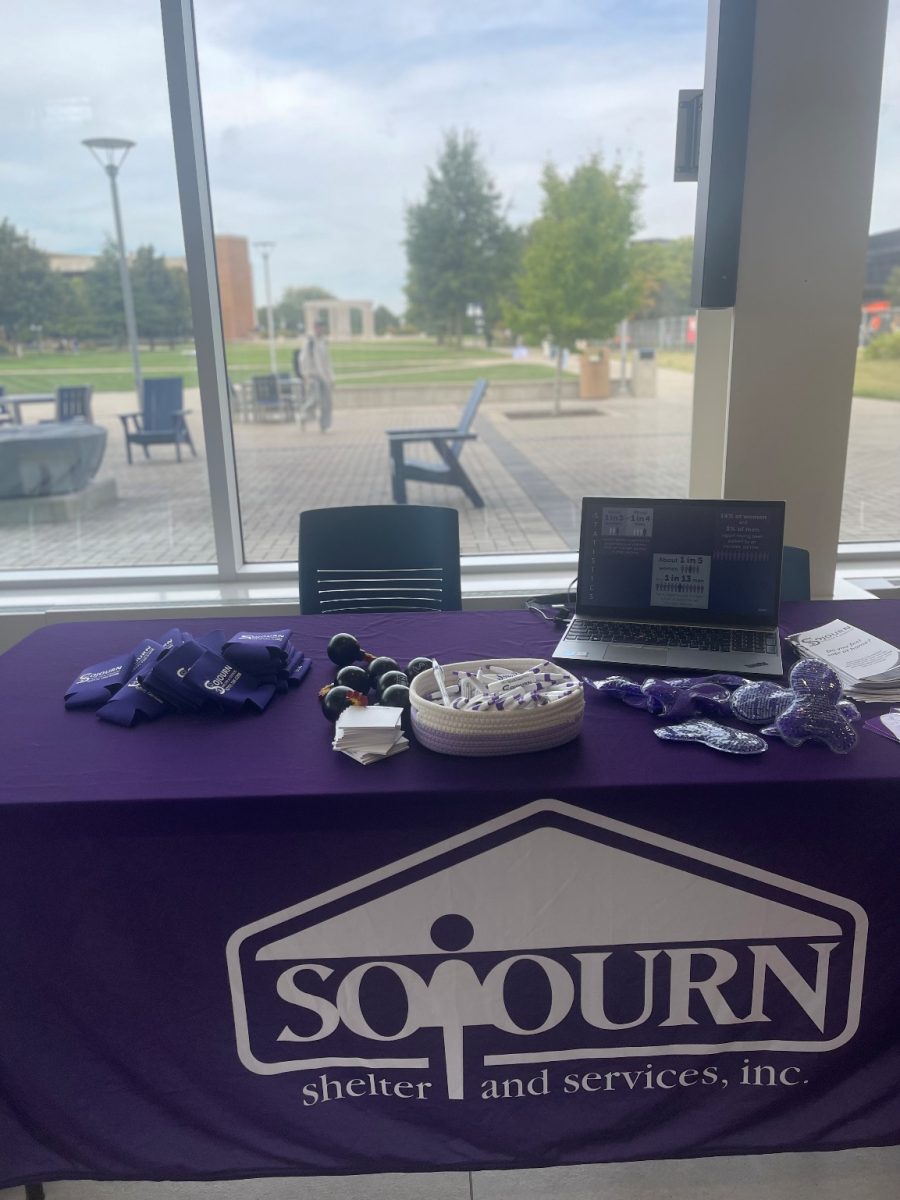College students face increasing risks of substance abuse and addiction, a problem that’s become alarmingly prevalent. According to the American College Personnel Association, “One in four college students meet the standard for substance abuse.” This addiction often spirals into other issues, as nearly 25 percent of students fall behind in coursework or miss classes due to excessive drinking.
But how can this problem be effectively addressed?
Understanding addiction is the first step. David Vail, a licensed clinical social worker at Thrive Center for Wellness in Springfield, defines addiction as “continued use or behavior despite adverse experiences as a result of that use, and the craving to do it again.”
He emphasizes that addiction often stems from an inability to cope with life’s challenges, even when substance abuse causes significant damage to one’s life.
Vail explains, “No one starts using with the intention of losing their family, job, or health. Addiction is a disease that often begins in youth, when the brain is still developing.” College students are particularly vulnerable to these risks due to the transitional nature of their lives, coupled with increased access to substances.
How can society help those struggling with addiction? Vail notes that despite the evolving understanding of addiction, treatment methods have largely remained unchanged for decades. “We’ve been using the same methodology for 40 years, with abysmal success,” he says. He urges a shift in perspective: treating addicts as individuals in need of healing, rather than statistics.
Factors like childhood trauma and family history can contribute to substance abuse among college students. Vail advises students to be aware of their predispositions. “If you’ve had family members with addiction, you’re four times more likely to become addicted yourself,” he warns.
Addressing the root causes of addiction—such as trauma and mental health—while also reducing the stigma surrounding addiction, can make a difference. Vail believes that fostering an environment of support, rather than judgment, can encourage individuals to seek help.
Students at UIS can access additional resources through the UIS Health Services and UIS Counseling Centerfor support in dealing with substance abuse issues.










